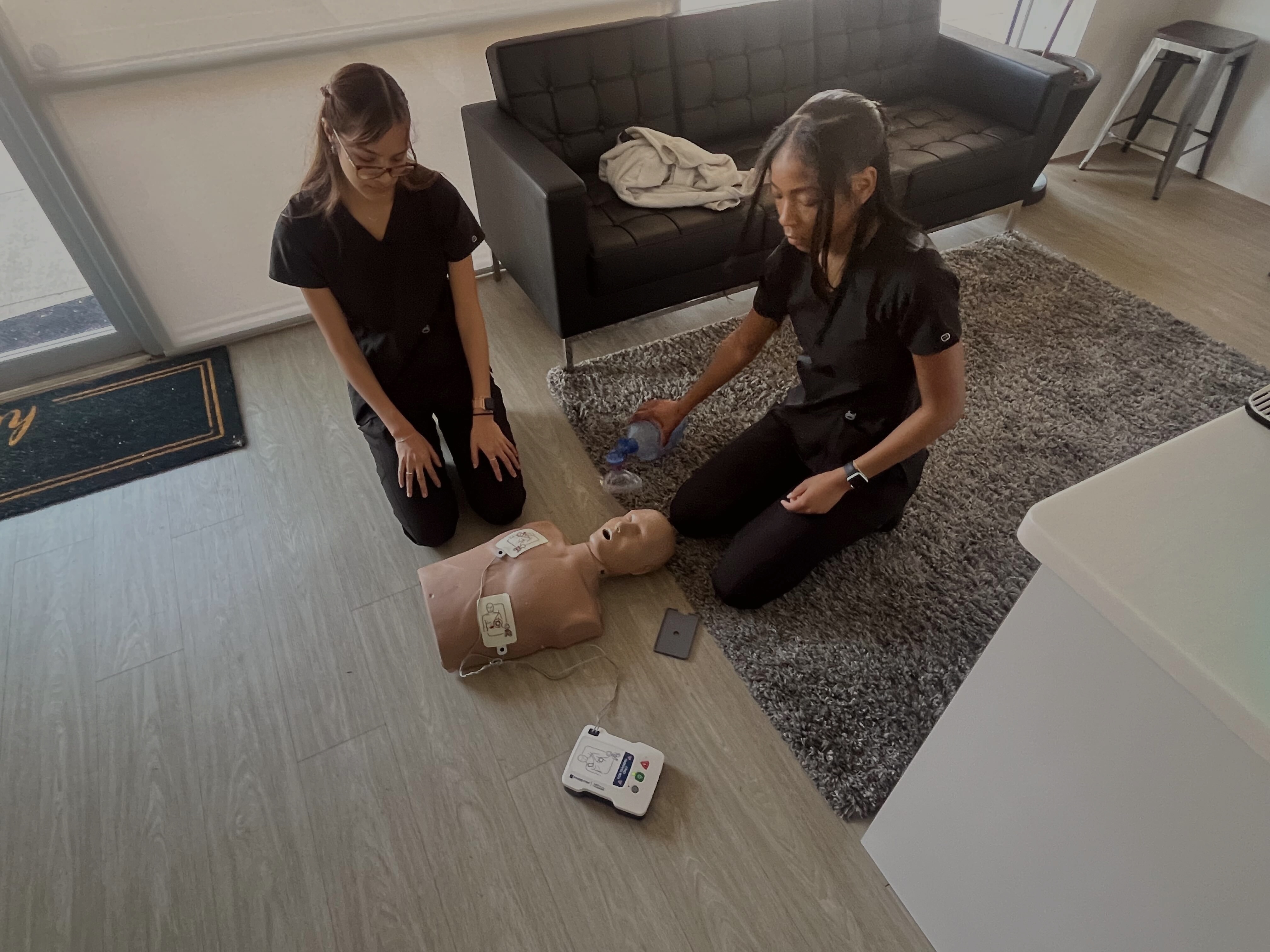8 Essential Skills for Medical Assistants in Sherman
Medical assistants are key positions in healthcare, ensuring that everything runs smoothly between patients and healthcare providers. They juggle a wide range of responsibilities, from administrative tasks to hands-on patient care. Whether they’re measuring vital signs, preparing patients for exams, or updating medical records, medical assistants provide essential support to both patients and the entire healthcare team.
In New Braunfels, healthcare facilities rely on skilled medical assistants to create a comfortable and efficient environment. Their ability to juggle various tasks while maintaining a compassionate approach is what makes this career both rewarding and essential. But what exactly does it take to thrive in this role? It all comes down to mastering a specific set of skills.
1. Wound Care
Wound care is a fundamental skill for medical assistants, as they often assist in cleaning, dressing, and monitoring wounds. Proper wound care helps prevent infections and promotes faster healing. Understanding how to handle various types of wounds, from minor cuts to surgical incisions, is crucial.
Medical assistants must also recognize signs of infection or complications and promptly alert the healthcare provider. This skill ensures patients receive the best care possible, whether they’re recovering from surgery or managing chronic wounds.
2. Interpersonal and Communication Skills
Strong interpersonal and communication skills are essential for building trust with patients. Medical assistants interact with patients of all ages, often during stressful times, so they must communicate clearly and empathetically.
Effective communication with healthcare teams ensures that everyone is on the same page. Whether it’s relaying patient concerns or clarifying instructions from the physician, these skills keep the workflow smooth and efficient.
3. Vital Signs Measurement
Taking and recording vital signs is a routine but essential part of a medical assistant’s day. Blood pressure, heart rate, respiratory rate, and temperature provide critical insights into a patient’s health status.
Accuracy is key in vital signs measurement, as these readings help doctors make informed decisions. Medical assistants must also be able to explain the process to patients and ease any anxiety they may feel during the procedure.
4. Electrocardiograms
Medical assistants are often responsible for performing electrocardiograms (EKGs), which monitor the heart’s electrical activity. This skill is vital in detecting heart conditions and ensuring timely intervention.
Performing an EKG requires technical knowledge and the ability to make patients feel at ease. Understanding how to position electrodes correctly and interpret basic readings ensures accurate results that aid in diagnosis and treatment.
5. CPR Certification
Medical emergencies can happen at any time, and being CPR-certified enables medical assistants to respond quickly and effectively. This life-saving skill is an important skill to have in healthcare settings.
CPR certification includes learning how to perform chest compressions and use an automated external defibrillator (AED). Medical assistants with this training can act decisively in emergencies, potentially saving lives before paramedics arrive.
6. Phlebotomy
Drawing blood for tests is another common task for medical assistants. Phlebotomy requires a steady hand, precision, and the ability to make patients feel comfortable during the procedure.
Whether it’s for routine lab work or specialized testing, proper technique ensures accurate results and minimizes patient discomfort. This skill is particularly valuable in clinics and diagnostic labs.
You're only a few months from the medical assistant career you deserve.
